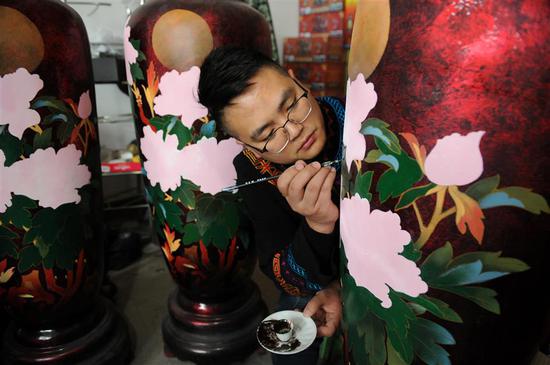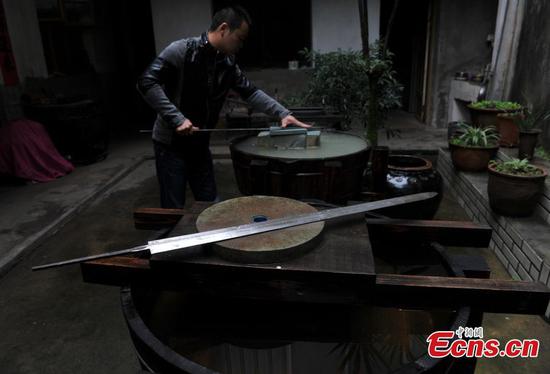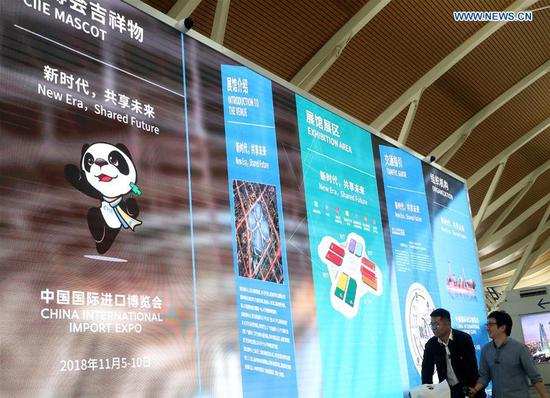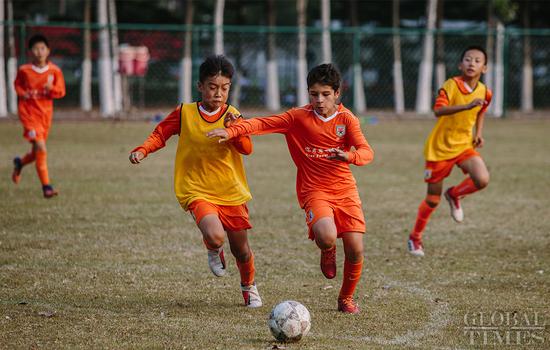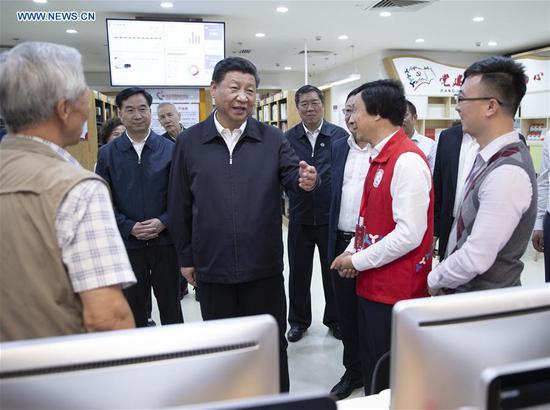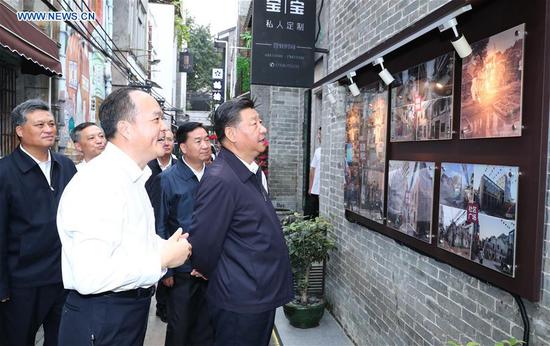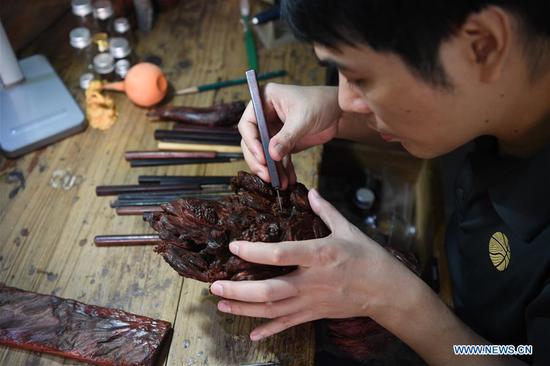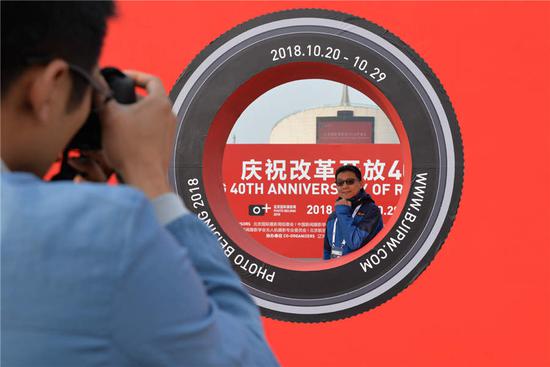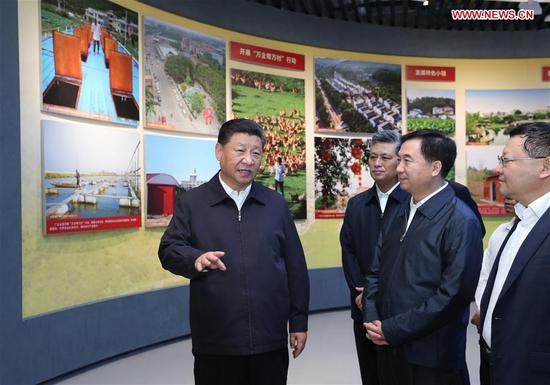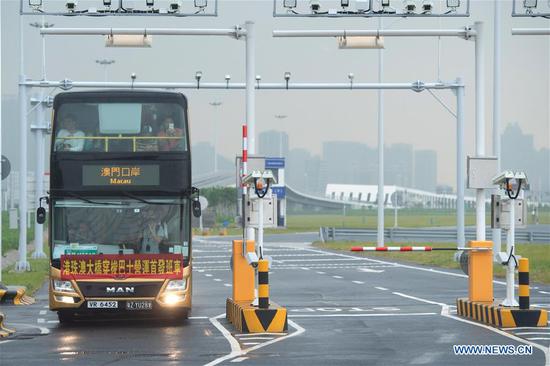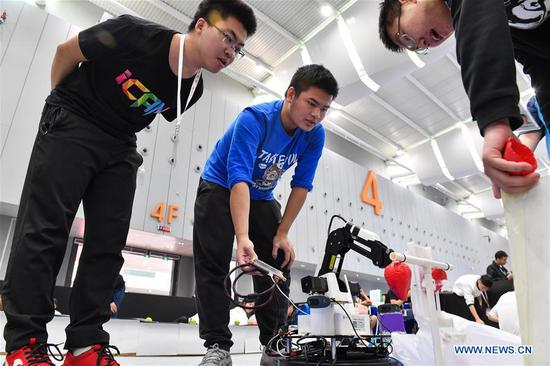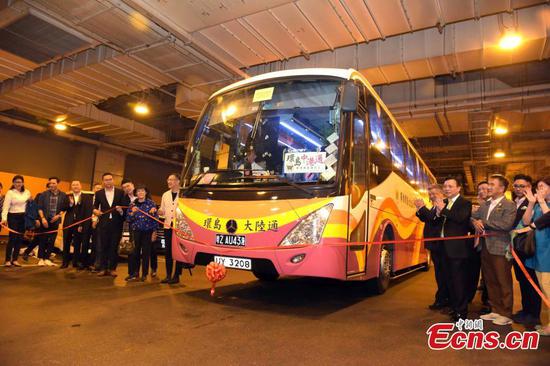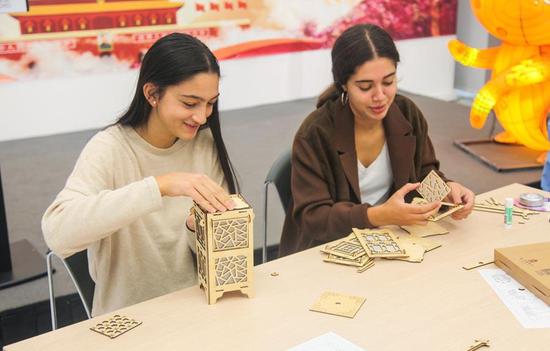
Participants of the International Consultative Meeting on Lifelong Learning pose for a group photo at East China Normal University in Shanghai. (Provided to chinadaily.com.cn)
A handbook on lifelong learning (LLL), which was revised by UNESCO and its member states during a forum in Shanghai last week, will be published in 2019, making it the first global guideline for the comprehensive management and pragmatic development of lifelong learning.
The main content of the Handbook for Lifelong Learning: Policy and Practice will focus on key concepts of LLL, practical approaches to mainstreaming LLL into education and development policies, impact of LLL on governance, and relevant governmental strategies to develop it worldwide.
"The handbook will offer members states and all lifelong learning stake-holders concrete directions to formulate and implement LLL policies and strategies," said David Atchoarena, director of UNESCO Institute for Lifelong Learning, at the International Consultative Meeting on Lifelong Learning held at East China Normal University in Shanghai on Oct 18 and 19.
The concrete terms, according to Atchoarena, refer to detailed information, such as the role of the government in promoting LLL, ways of making education systems and institutions more open to a wide diversity of learners, and the main challenges that need to be addressed in the process.
Lifelong learning, defined as all learning activities for the pursuit of knowledge, recognizes that learning is not limited to childhood or the classroom, but takes place throughout life.
"The importance of lifelong learning is growing fast on the global stage," said Atchoarena, who added that LLL is an integral part of the plan to achieve sustainable development worldwide.
"This is why the UNESCO Institute for Lifelong Learning launched the strategic project of the handbook to assist countries to operationalize lifelong learning in a way that meets their needs in line with specific conditions."
The idea of lifelong education was introduced to China in the late 1970s. Today, there are numerous universities for the elderly across the country, and many of them are so popular that their courses are consistently overbooked.
According to a Chinese association of educators for senior citizens, there are currently more than 70,000 elderly universities in China with over 8 million enrolled students.












